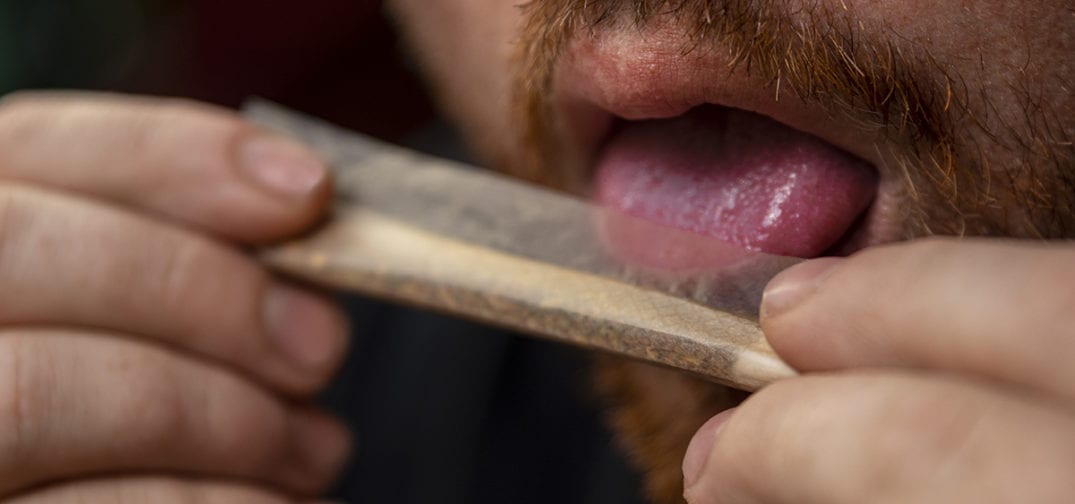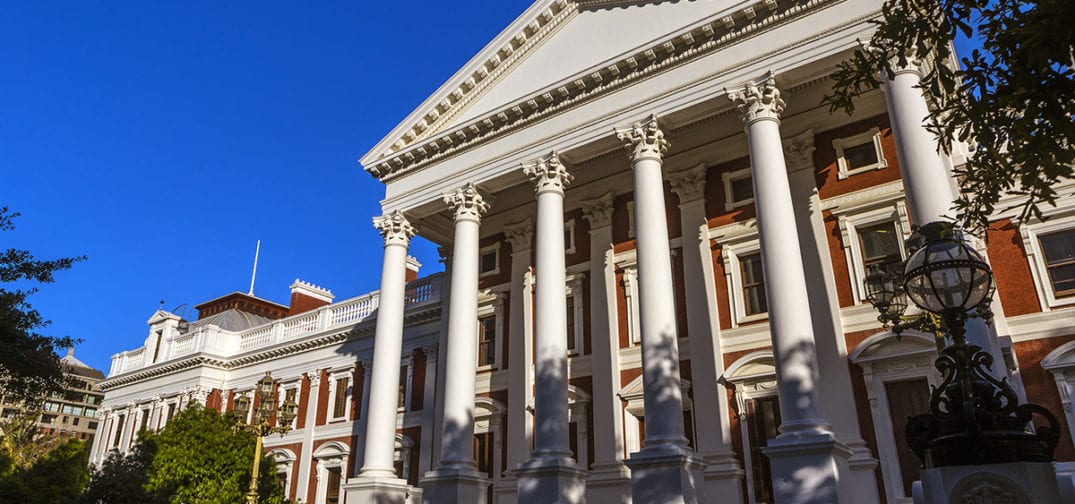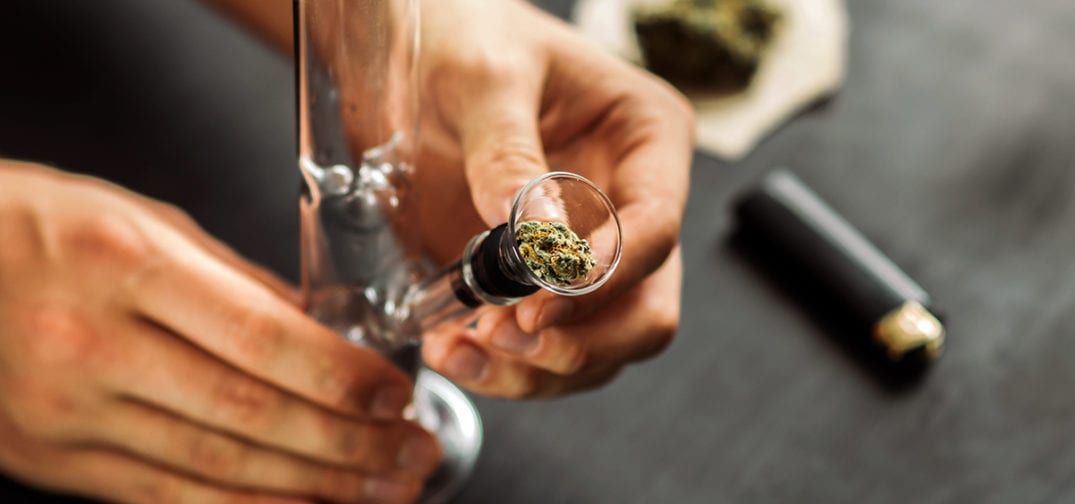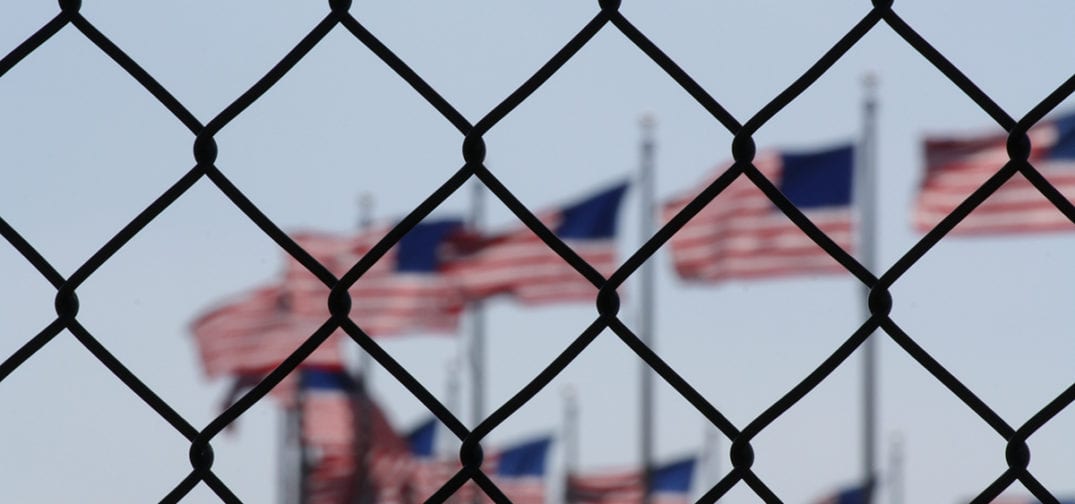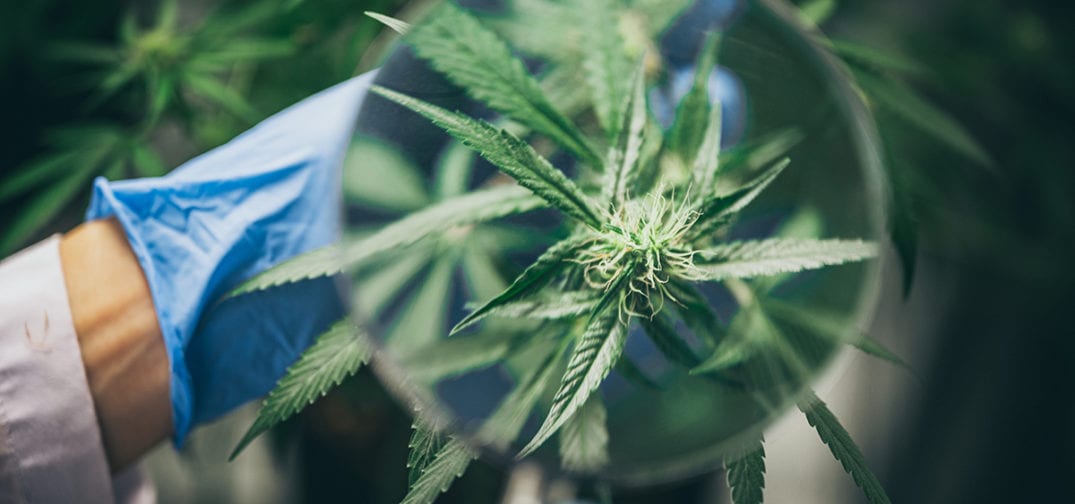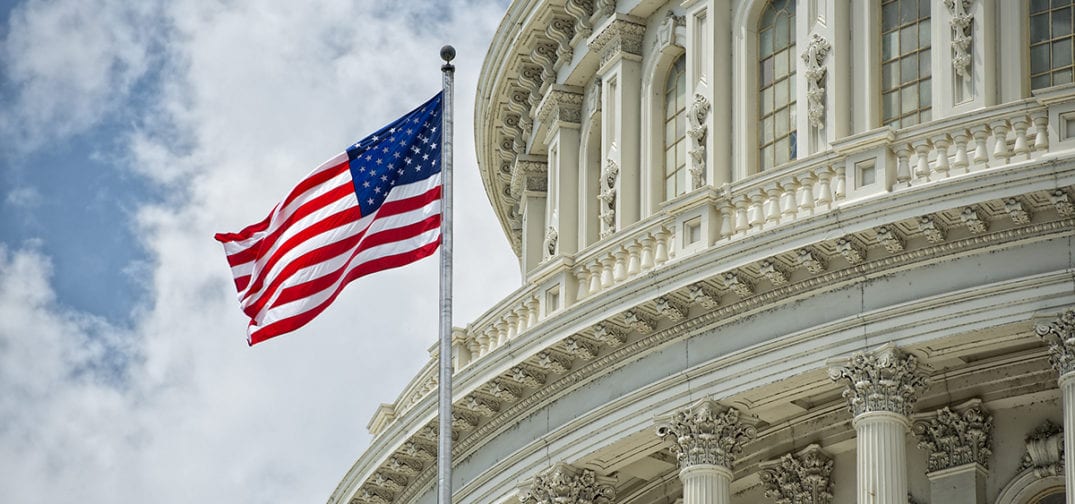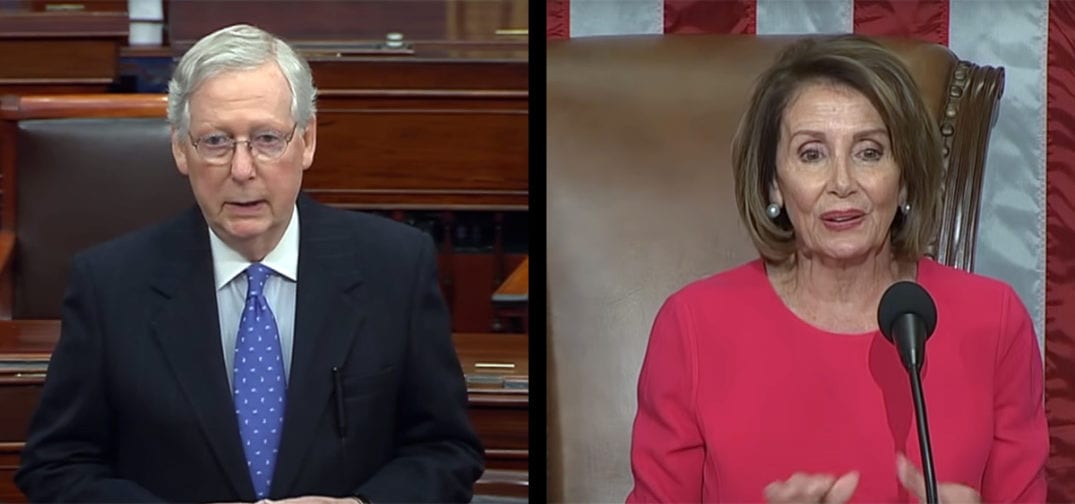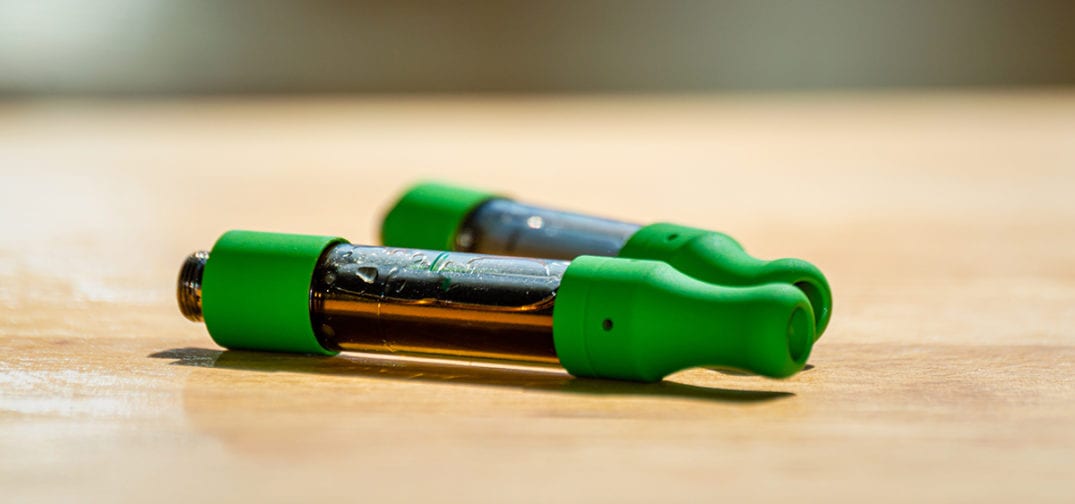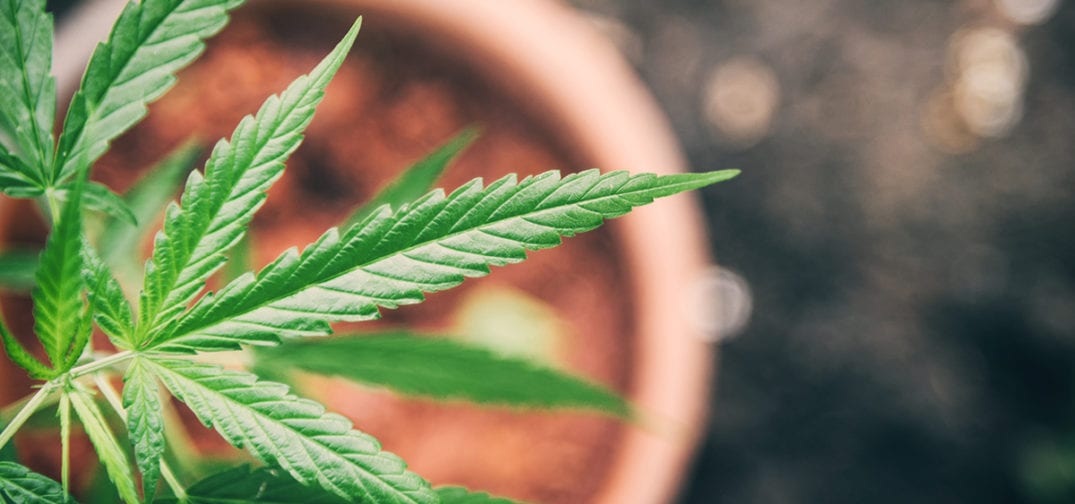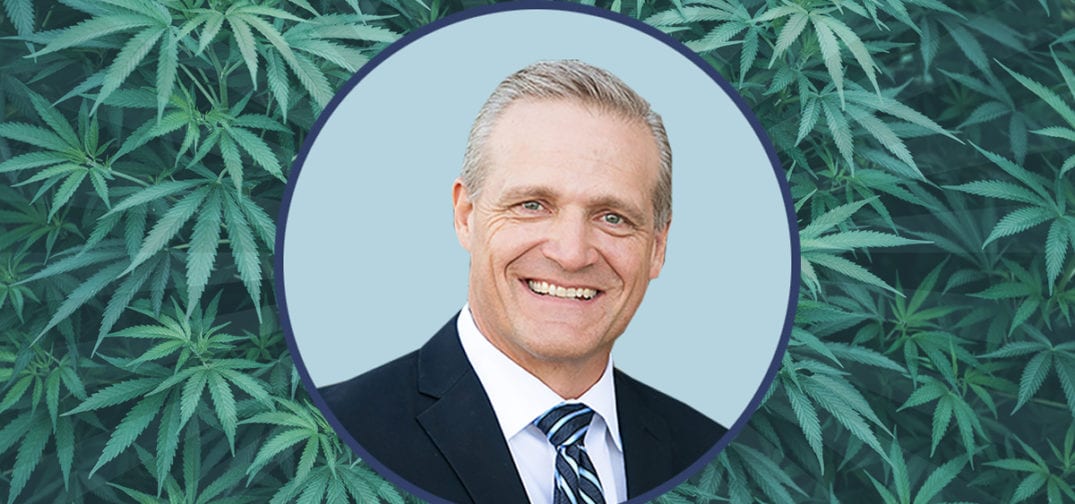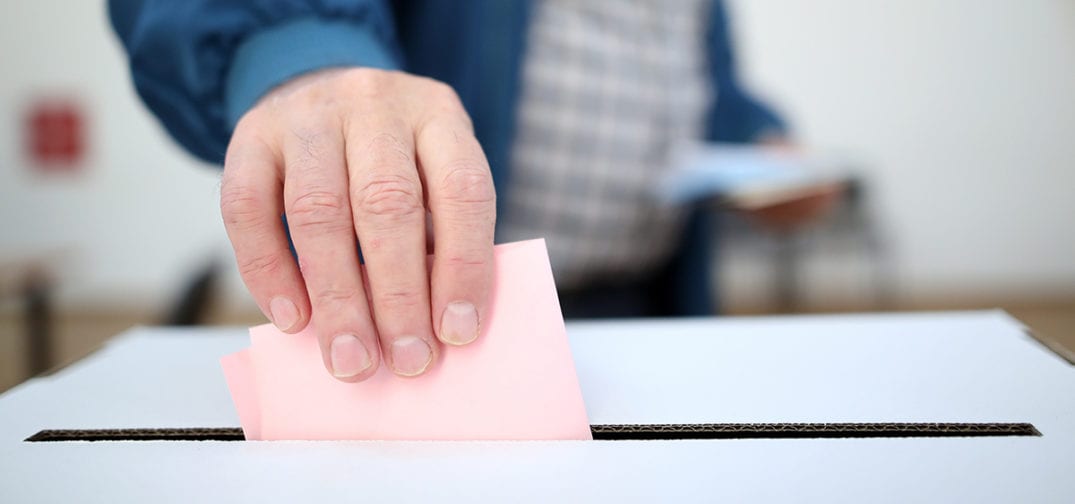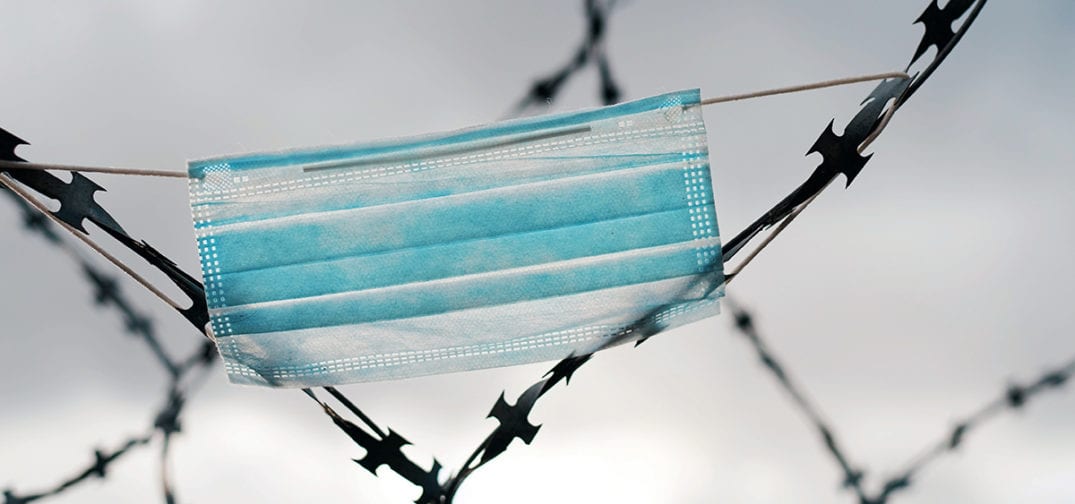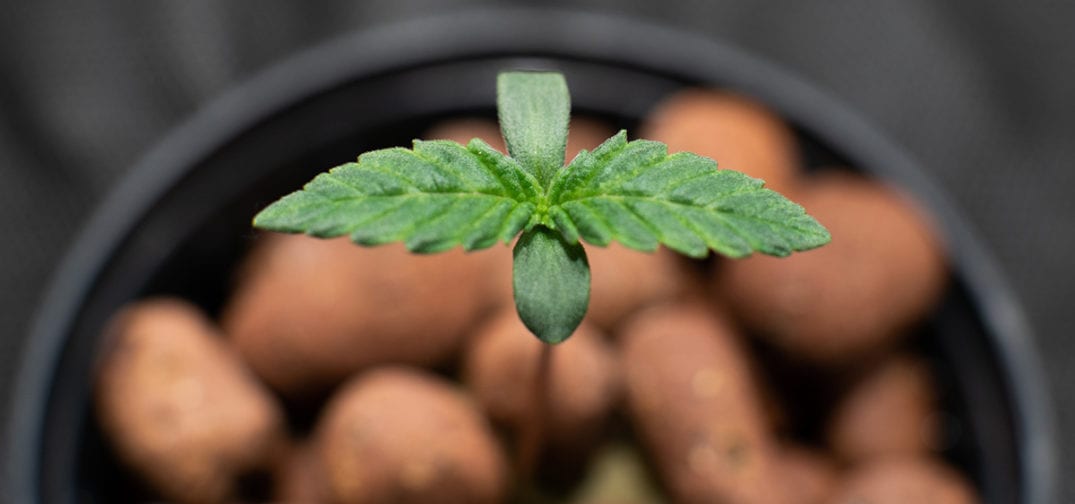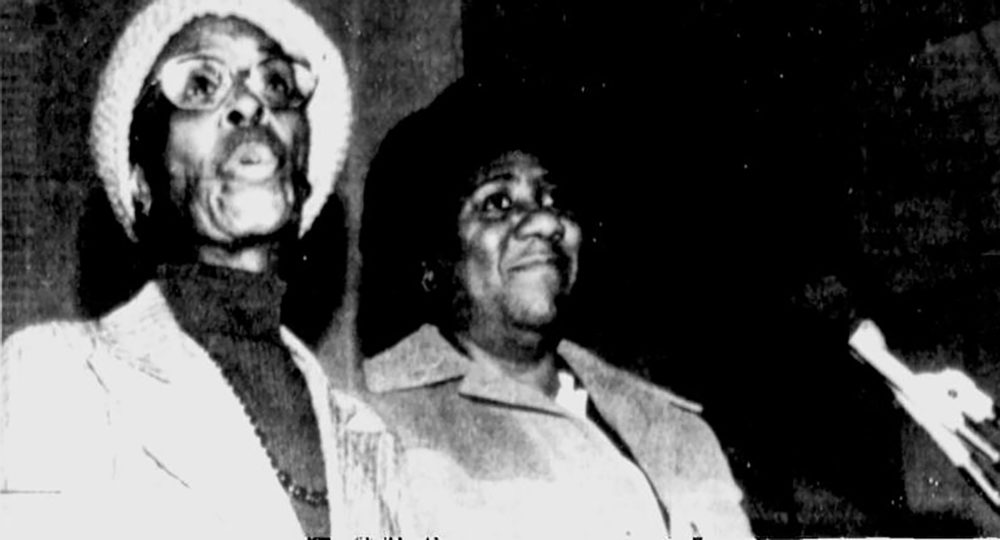As the cannabis, industrial hemp, and CBD industries gain traction, so must ancillary services designed to assist the innovative entrepreneurs and business owners in this space. Sometimes those services are born out of necessity for the industry but many times they come from long-time experts in their field who have pivoted to a new focus on cannabis, one of the world’s most exciting and fastest-growing industries.
In our latest Q&A, Chris Van Leeuwen — an insurance industry veteran of over 30 years — talks about the insurance needs of the modern cannabis business owner and how Insurance Canopy caters to those needs. He also offers insights about what business owners should look for when purchasing insurance packages for their cannabis, hemp, and/or CBD firm, describes the most common risks that such companies are facing, and more!
Scroll down to check out the full interview.
Ganjapreneur: What are the benefits of buying cannabis, CBD, or hemp insurance?
Chris Van Leeuwen: The most obvious benefit is peace of mind. Obtaining the cannabis insurance coverages that are best suited for you and your business can bring a sense of security. Additional benefits include meeting contractual requirements of landlords, dispensaries, suppliers, or financial institutions. Insurance also gives confidence to consumers, potentially helping you increase sales or distribution of your product.
Really, when it comes down to it, proper insurance coverage can give you the peace of mind that allows you to focus more on building your business—not defending yourself from claims and lawsuits.
How much does cannabis insurance cost and how much insurance coverage does a cannabis-related business need?
The cost of insurance coverage varies based upon multiple factors: annual sales revenues, product type(s), the distribution model, your business operations, location, etc. Annual minimum premiums start at $850 and increase from there based upon your exposures and coverage choices.
My typical response to individuals who ask how much insurance they should purchase is, “How much do you have to lose?” You’ve spent a great deal of time and resources building your business; one lawsuit without proper coverage—frivolous or not—can put many businesses under. It’s important to evaluate your exposures and make a conscious decision on the risk you’re willing to take.
Is $1 million general liability limit enough coverage? Not if you’re sued for $2 million. In our litigious society, if you don’t have adequate limits and you have other business or personal assets, an attorney will probably go after them, so consider increasing your liability limits to protect yourself. This is definitely not an area where you want to skimp on coverage.
What types of insurance should cannabis, CBD, and hemp business owners have? Would just general liability insurance be sufficient?
No, not if they want to minimize their risks and maximize their protection. At a minimum, the three types of insurance that your cannabis, CBD, or hemp-related business should purchase are: General Liability Insurance, Product Liability Insurance, and Property Insurance. Let me explain some of the differences between general liability, product liability, and property insurance.
General Liability
General liability insurance protects you against third-party liability claims for bodily damage and property damage from your day-to-day operations. As you deal with the general public, you become vulnerable to lawsuits that arise from damages or harm you may cause. I’ve seen a simple slip and fall accrue thousands of dollars in damages, medical fees, lost earnings (current and future), emotional distress, and pain and suffering.
Adequate general liability coverage could help you respond to the compensatory damages and defense costs associated with claims like that.
Product Liability
Product liability insurance protects you against third-party bodily injury and property damage claims arising from your products. Product liability exposures include illness caused by things like edibles, infused products, manufacturing, and/or product-related defects.
Product liability also includes warranties or representations you make with respect to the fitness, quality, performance or use of your product in addition to providing (or failing to provide) warnings or instructions.
Plain and simple, wherever you are in the supply chain, you can be named in a suit if the edibles, inhalants, or infused products you manufacture, distribute, or sell cause illness or injury.
All policies have specific limitations, conditions, and exclusions to be aware of. I’m seeing some recent events in the vaping industry now affecting the cannabis industry. Many insurance companies are now excluding injury and sickness arising from vaping products (e.g. pens, batteries, cartridges). It’s critical you review these exclusions and limitations with an agent so you can make informed decisions for your business.
Property Insurance
Commercial property insurance can provide an array of coverages that may be critical for your business. The most common coverages businesses purchase are building, business, personal property, and loss of business income. However, you may also want to consider adding or expanding coverages for things like:
- Cannabis Finished Stock
- Harvested Cannabis Materials
- Monies and Securities
- Outdoor Signs
- Property Off Premises
- Property In Transit
- Employee Dishonesty
- Spoilage
Many companies have property enhancement coverages that bundle these into standard property insurance. Businesses can also expand their limits affordably based on their needs.
Property losses are some of the most common claims we see in the industry and sometimes the most neglected in terms of businesses obtaining proper coverage for them. It is important to have an open dialogue with an experienced insurance agent familiar with the cannabis, CBD, and hemp industries to discover your needs and get the right coverages for your business.
What are the most common risks you see cannabis businesses facing?
Cannabis, CBD, and hemp-related companies have unique exposures that vary depending on where they are within the seed-to-sale supply chain. Cultivating, manufacturing, testing, distributing, tracking and selling pretty much all possess different risks for carriers to consider.
The most common coverages purchased are for premises slips and falls, product liability, finished stock, harvested material, theft (including theft by employees), commercial property, and others.
We always recommend discussing with your agent the exposures that can cause financial harm to your business and obtaining the right coverages. If your policy isn’t written correctly or lacks proper coverage, a suit or claim could range from disruptive to catastrophic and seriously harm or even destroy your business.
Are there differences between your cannabis insurance, CBD/hemp topical insurance, and CBD/hemp ingestible insurance offerings?
Absolutely. Insurance companies have developed policy options based upon your business operations and the products you manufacture, distribute, grow, or sell. The policies may be similar in some ways, but there are some significant coverage differences based upon the unique risks your business faces.
I should first say that for the best assessment of the unique risks your business faces and the coverage it needs, I highly recommend working with a reputable agency, ideally one with experience in this industry.
Insurance Canopy is definitely one agency that’s reputable and experienced. But it’s also really unique and here’s why.
Nearly all insurance agencies have to do this back-and-forth with the insurance carrier when your application is being evaluated and underwritten. It can be a long and frankly a pretty tiresome process. But one of the special things about Insurance Canopy is that our carrier actually trusts us to do the underwriting on your policy in-house. There’s very little to no back-and-forth, which means a much faster turnaround time for you. It also means lower processing costs, so we actually pass that cost savings in processing on to you in the form of cheaper policy premiums. We’re one of the very few agencies even capable of doing that, and it’s only because of the trust we have with the carrier and our experience in the cannabis industry. So not only do you get someone reputable with great experience, you get the coverage you need faster and oftentimes cheaper than you can anywhere else.
Now back to the differences between insurance offerings within the cannabis industry. We developed different insurance programs or policy types because the risks, coverages, and nature of the businesses are so unique. A little about each one:
Cannabis Insurance Program: This program covers a broad spectrum of cannabis exposures including indoor and greenhouse cultivation, bakeries, manufacturers, hydroponic stores, laboratories, vocational schools, dispensaries, delivery companies, medical offices, consultants and retail outlets.
This program can also provide coverage for finished cannabis stock and finished cannabis products containing marijuana and/or its derivatives ready for retail sale and mature marijuana plants no longer in the growing medium, which is in the process of being dried or which includes any raw materials or product.
CBD/Hemp Topicals Insurance Program: This program is specific to business operations that produce non-ingestible, topical products containing CBD or hemp extractions such as balms, lotions, and various skincare products. CBD/hemp topical products must fall within the legal limits of less than 0.3% of THC to qualify for this coverage.
CBD/Hemp Ingestible Insurance Program: This program is specific to businesses that produced ingestible products created with CBD or hemp extractions such as tinctures (sublinguals), pet supplements, foods, gummies, beverages, and dietary supplements. CBD/hemp ingestible products must fall within the legal limits of less than 0.3% of THC to qualify for this coverage.
Because Insurance Canopy has access to all three of the national insurance programs, we have coverage options most suitable for your business.
Where should a business in the cannabis, CBD, or hemp industry buy insurance?
You’ll want to look for a representative that understands the cannabis, CBD, and hemp industries to help navigate you through the unique policy purchasing process.
Like I said, we have access to several insurance programs that are designed to respond to the cannabis, CBD, and hemp industries’ unique needs. Our Insurance Canopy team has worked diligently to streamline the purchasing process for the cannabis, CBD, and hemp industries. Because we work directly with our carrier underwriters and they trust us to do the underwriting for them in-house, we actually turn most quotes around within 24-48 hours compared to the average industry standard of 2-3 weeks. That means you get the coverage you need quicker, oftentimes cheaper, and can go back to growing your business sooner.
What are the main factors insurance companies consider when a cannabis business is trying to obtain a policy?
Insurance companies take many factors into consideration when underwriting cannabis exposures—some I’ve already mentioned including gross sales, product, distribution, and more. But overall business and quality control operations are important factors too. For example, do you comply with good manufacturing practices (GMP)? Is your labeling compliant with local and federal laws? Do you obtain a certificate of analysis (COA) on products? Are your records well-kept and maintained? Do you avoid offering unsubstantiated product guarantees? The underwriters are also looking to experience a virtual tour of your business including photographs inside and outside of your business, and often evaluate the security and construction of your building.
It’s important to provide the insurance carrier with a comfort level of your business exposure and demonstrate that you have good business and quality control practices in place. The better you are at that, the more likely you are to obtain a policy.
What advice does Insurance Canopy have for business owners looking for cannabis, CBD, or hemp insurance?
Know your risks. Know what’s at stake. Know your options, limits, and coverages. Start by talking to someone who knows cannabis industry insurance and has your best interest in mind. Trusted firms like Insurance Canopy help you identify exposures that threaten your business and provide you options to protect it, you, and your reputation from being negatively impacted.
Our Insurance Canopy team will walk you through the underwriting process to provide you some competitive insurance options. Think of us more as a trusted partner and advisor to your company and not just your insurance agent.
Thanks again, Chris, for taking the time to answer our questions. You can learn more at InsuranceCanopy.com.

